6. Chill out

It’s normal for runners, elite and recreational, to experience a bad session or miss one entirely during a training program
Three-time Olympian and 2006 Gold Coast Airport Marathon winner Lee Troop reveals that it’s normal for runners, elite and recreational, to experience a bad session or miss one entirely during a training program. It’s essential not to panic and feel as though you need to make it up.
“No one session makes your marathon successful but one session can ruin it. Your preparation is built over time and with proper planning you can make it work,” Lee said.
“Make sure your program is balanced and just not thrown together without any thought. You may miss one long run or one quality session but if you have trained properly, you should have numerous other long runs or quality sessions to fall back on.”
Lee also highlights the importance of recovery sessions.
“Recovery sessions are crucial. Remember you are not an elite athlete where you can get eight hours sleep each night and an extra two hours during the day. Most work long and strenuous hours and have families to attend to. Make sure you get your long runs and quality sessions in, but if you need a rest day, drop an easy run.”
As race day approaches, it’s easy to stress about whether or not you have put enough kilometres in the bank or worry about what could happen on the day. Lee assures you that it’s fine to feel this way.
“Make sure you give yourself adequate time to prepare and confidence will come in the work that you do. Many panic leading into marathons as they decide to start training late or they have missed too much of the training. Running is not a sport that you can cheat. You need to do the work,” Lee said.
“Nerves are common and this happens even to elites. The secret is to have faith in the training that you did.”



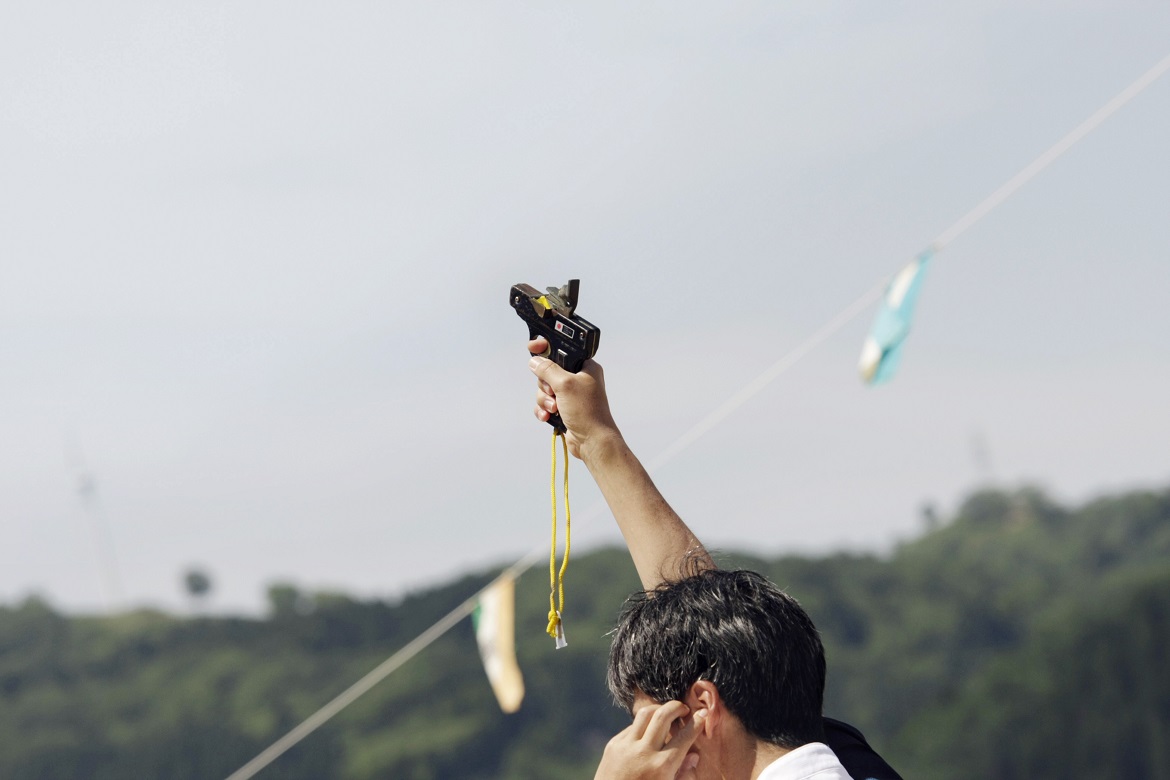
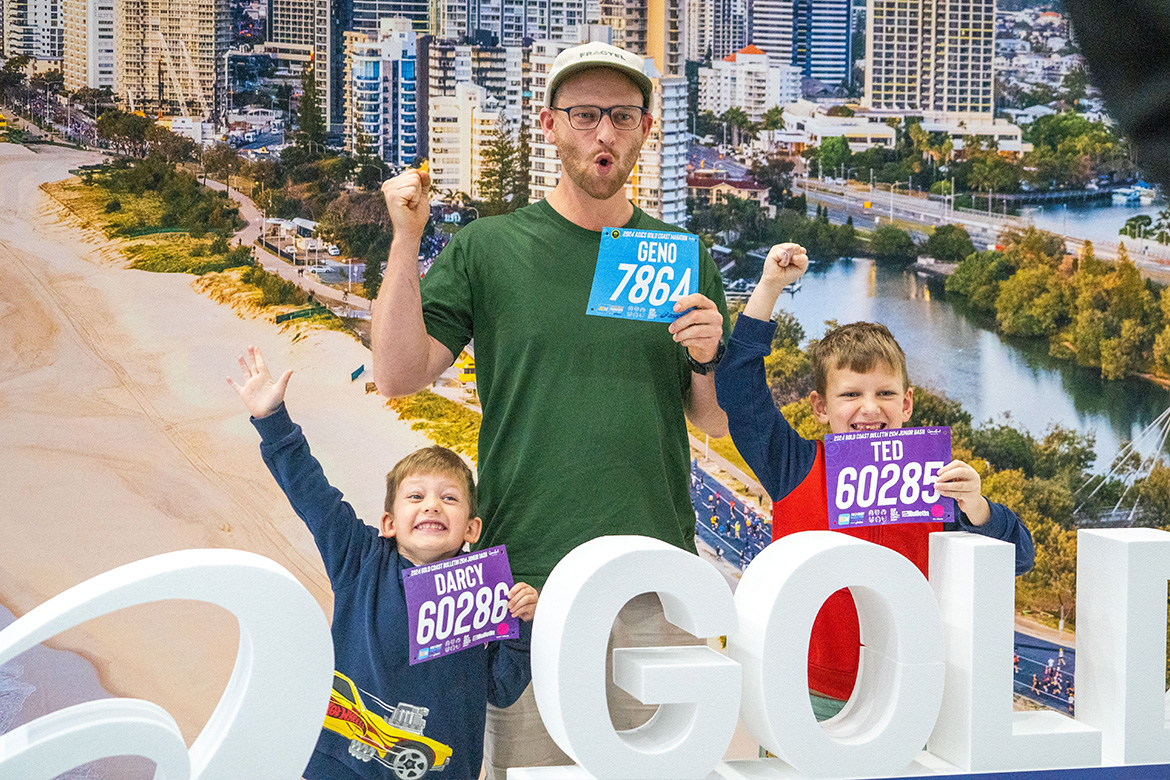





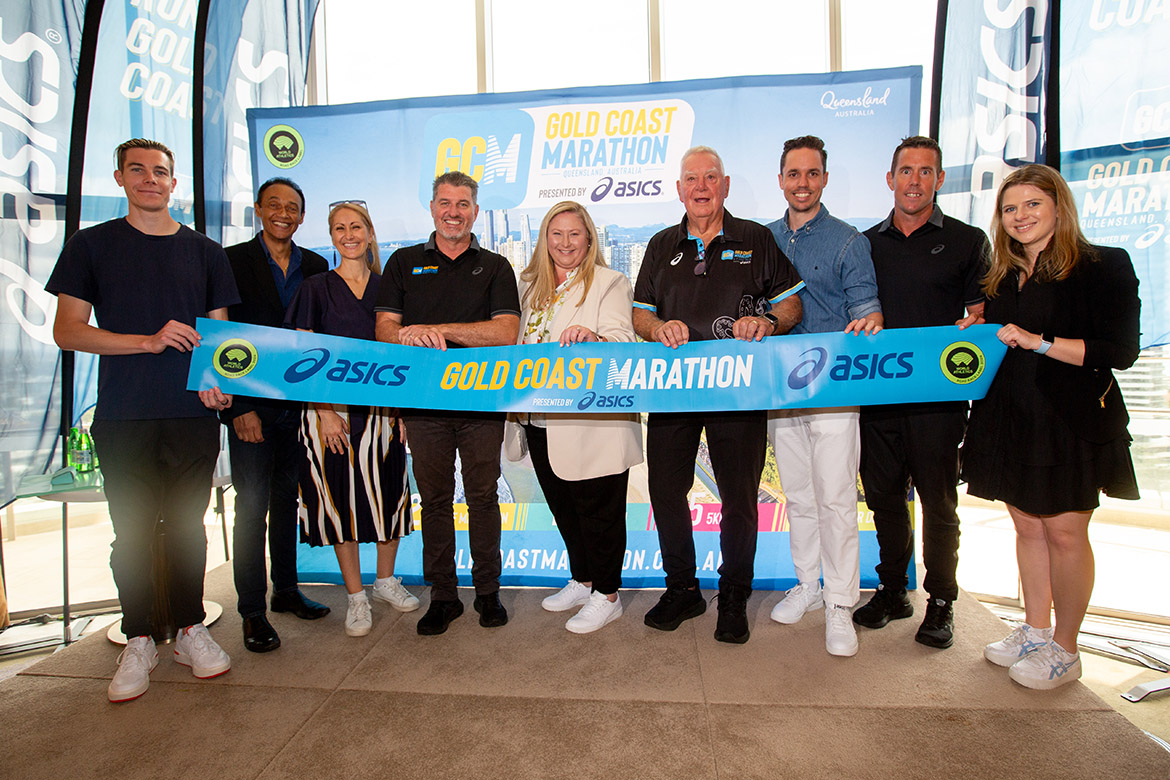

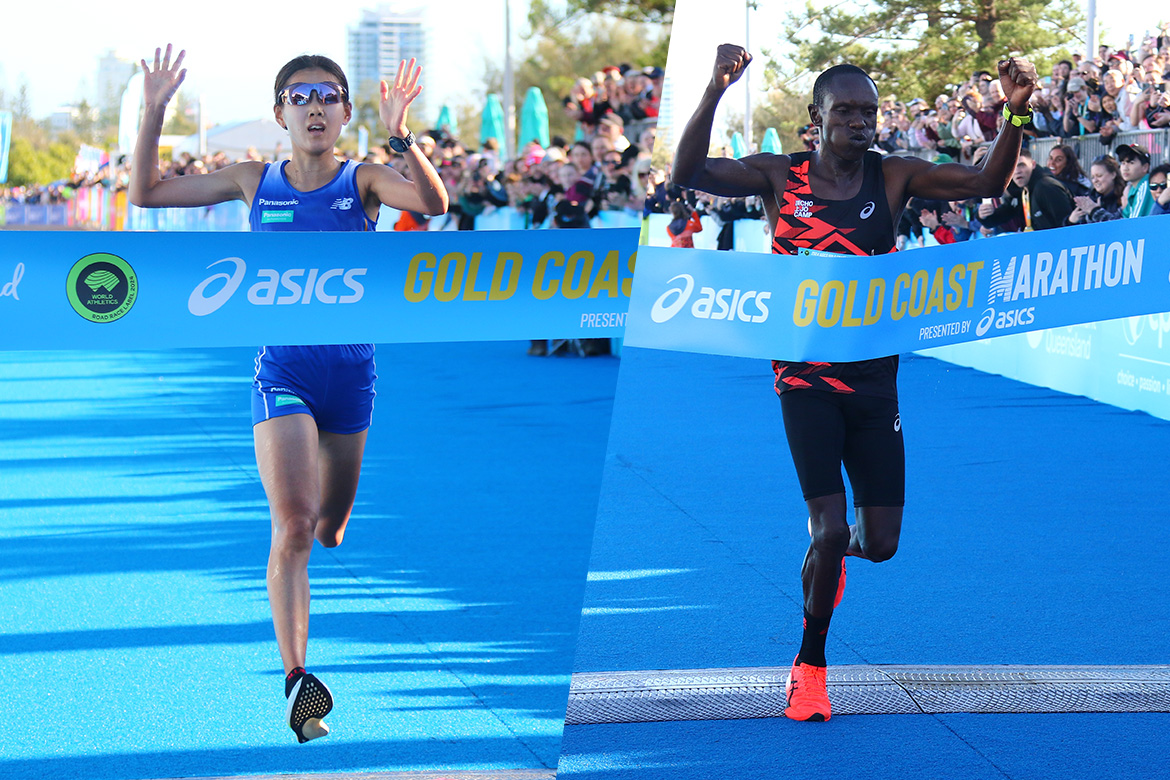


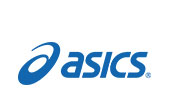











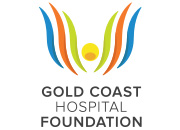
RUNNERS. TAG YOUR PHOTOS WITH #GCM25